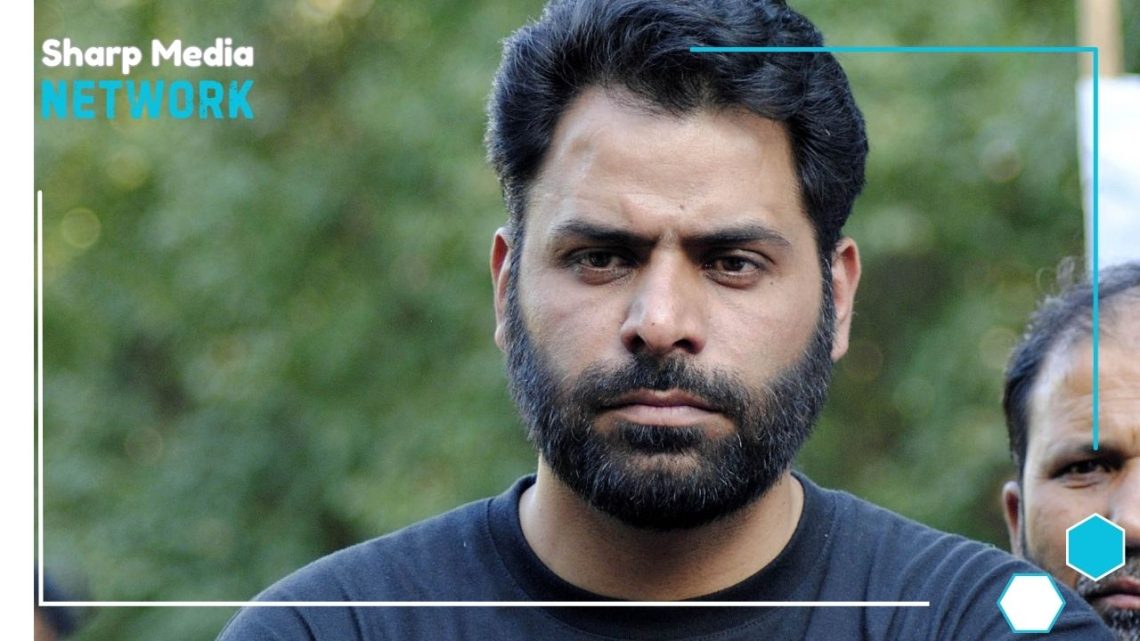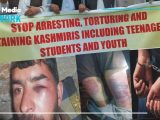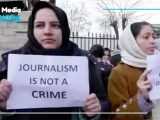
Khurram Parvez: A Victim for Human Rights in IIOJK
November 22, 2024As Kashmiri human rights defender Khurram Parvez marks three years of unjust detention, India’s systemic repression in Indian Illegally Occupied Jammu and Kashmir (IIOJK) becomes glaringly evident. His arrest underscores a relentless campaign to silence dissent.
Parvez, falsely accused of terrorism under India’s draconian Unlawful Activities (Prevention) Act (UAPA), remains confined in Rohini Jail, New Delhi. The charges are politically motivated, a blatant retaliation against his fearless documentation of atrocities in IIOJK.
Global human rights groups, including FORUM-ASIA, FIDH, and OMCT, demand his immediate and unconditional release. They emphasize Parvez’s unparalleled commitment to justice for the oppressed and his courageous work in exposing Indian forces’ crimes.
A recipient of the 2023 Martin Ennals Award and the 2006 Reebok Human Rights Award, Parvez’s activism is internationally lauded. Yet, India’s response has been systematic persecution, aiming to dismantle civil society in IIOJK.
In 2016, Indian authorities detained Parvez for 76 days under the Jammu and Kashmir Public Safety Act, a law condemned globally for violating international norms. Courts later ruled his detention unlawful, highlighting its arbitrary nature.
India’s hostility intensified after the abrogation of Article 370 in 2019, stripping IIOJK of its constitutional autonomy. This move emboldened state repression, unleashing a wave of human rights violations and targeting activists like Parvez.
In 2020, just after publishing a damning report on Kashmir’s communications blockade, the National Investigation Agency (NIA) raided Parvez’s residence and office. A year later, he was arrested, and additional charges followed in 2023, underscoring the state’s vendetta.
Parvez’s colleagues at the Jammu Kashmir Coalition of Civil Society (JKCCS) face similar fates. Journalist and activist Irfan Meraj is also detained on fabricated charges, while others endure continuous harassment through summons and interrogations.
Human rights organizations argue that India’s actions reveal an escalating assault on freedoms in IIOJK. The 2024 FIDH report documents the worsening human rights landscape post-2019, painting a grim picture of curtailed civil liberties and unchecked state violence.
Marking three years of Parvez’s detention symbolizes not just his personal ordeal but the broader climate of fear gripping Kashmir. The international community must demand accountability from India and push for the release of Parvez and other defenders of justice.
India must abandon its policy of criminalizing human rights work. Until then, voices like Khurram Parvez’s remain shackled, and IIOJK’s fight for justice continues under brutal oppression.

